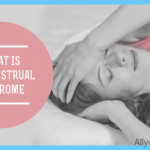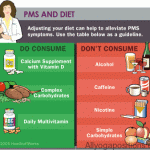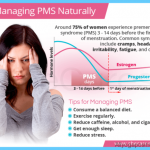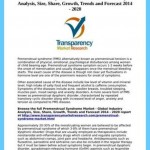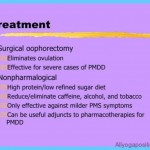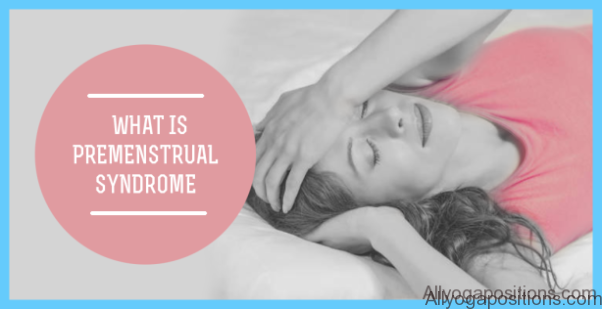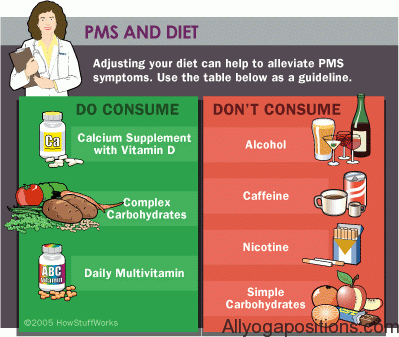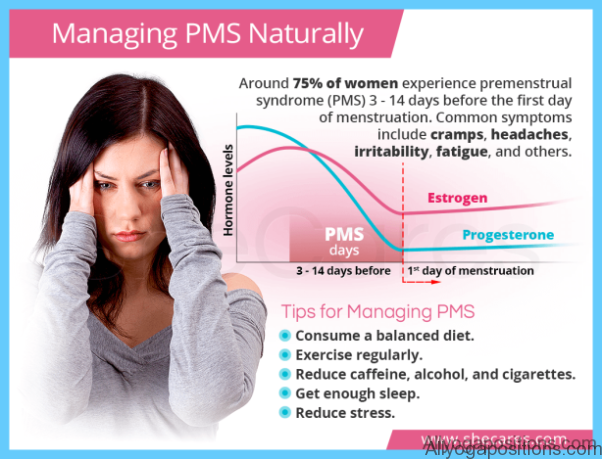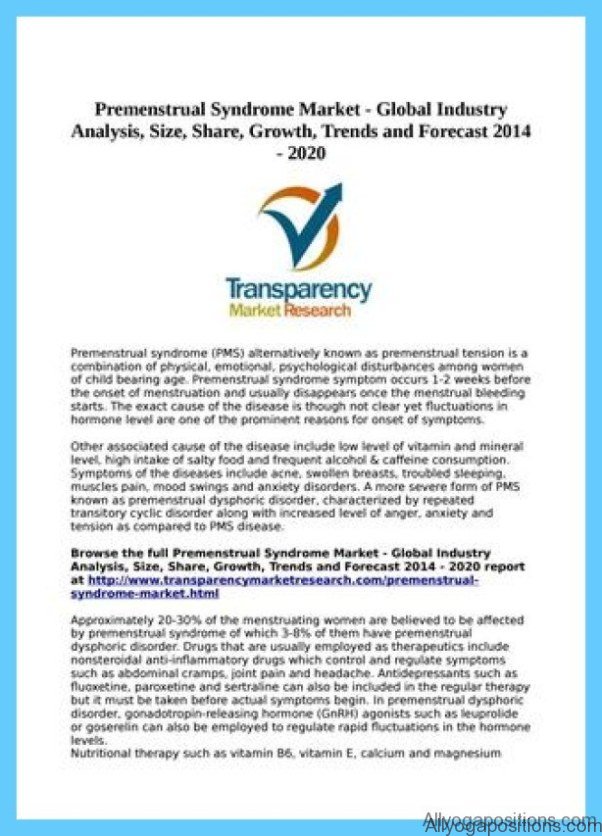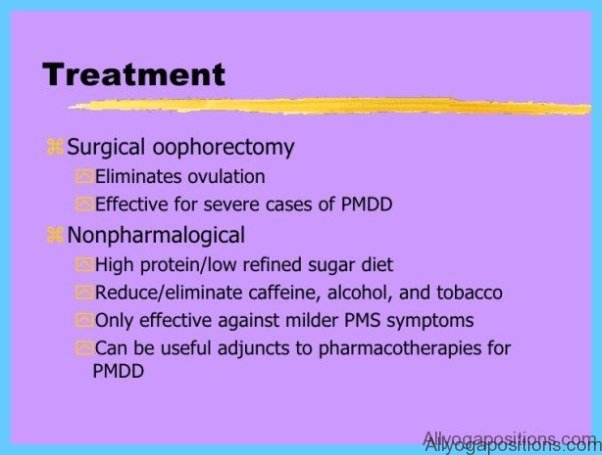I mentioned earlier that research suggests women with PMS are more likely to drink alcohol. Alcoholic beverages can certainly cause or worsen many PMS symptoms, including fatigue, irritability, depression, bowel irregularities, appetite fluctuation and fluid retention. Alcohol has a dehydrating effect on the body, which can leave you feeling sluggish. But alcohol can also cause fatigue by robbing you of a good night’s sleep. Studies show that alcohol interferes with the body’s ability to fall into REM (rapid eye movement) sleep, the restorative phase of sleep that leaves you feeling refreshed and energetic. If you suffer from PMS, avoid alcohol completely during the 7 to 14 days before your menstrual period. During the rest of the month, aim for no more than seven drinks per week.
Caffeine can aggravate irritability, anxiety, headaches, diarrhea, fatigue and breast tenderness. Drinking coffee during the day can turn to overstimulation by your fourth or fifth cup, causing irritability, nervousness, anxiety, insomnia and fatigue. As little as two small cups of coffee in the morning can affect your sleep that night by blocking the brain’s production of a natural sleep-inducing chemical called adenosine.
How much caffeine is too much? Most experts agree that a daily dose of 400 to 450 milligrams of caffeine does not pose a risk for healthy people. But this recommendation is based on caffeine’s effects on blood pressure and other health conditions, not your ability to sleep soundly. If your PMS symptoms include irritability, anxiousness or general fatigue, I recommend consuming no more than 200 milligrams of caffeine daily, and preferably none.
Use the table on page 38 in chapter 1 to assess your daily caffeine intake. If you find you’re overdoing it, cut back gradually over a period of several weeks to minimize withdrawal symptoms such as headaches, tiredness or muscle pain. Start by eliminating caffeine from the latter part of your day. Stick to a “no caffeine” rule after noon. Switch to low-caffeine beverages like tea or hot chocolate, or caffeine-free alternatives such as decaf coffee, herbal tea, cereal coffee, juice, milk or water. If you’re still hooked on coffee, order a latte or cappuccino to get extra calcium (more on calcium and PMS later—keep reading!).

